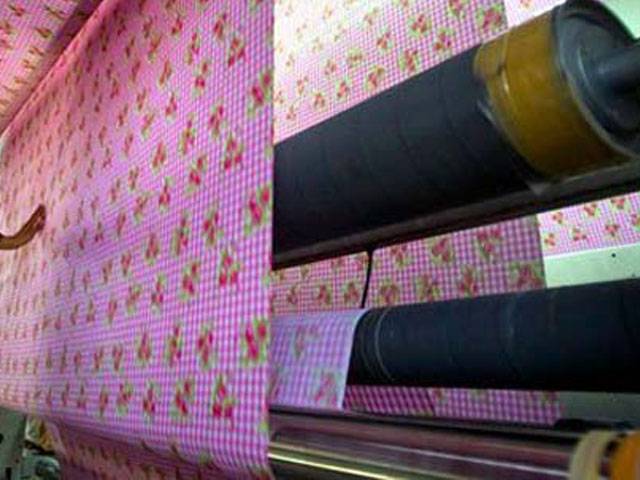LAHORE - The whole process of import as well as audit under DTRE system takes at least 26 weeks in Pakistan while in Bangladesh the entire procedure is completed in just in two hours. As a result, Bangladesh textile exports have surged to $26 billion without producing a single bale of cotton while Pakistan has never crossed the figure of $16 billion despite producing its own raw material.
“Procedure of Duty Tax Remission for Exports (DTRE) scheme has been designed in such a manner that just few companies out of thousands of value-added textile sector units in Pakistan were benefiting from the scheme to increase the country’s export volumes.”
Exporters are of the view that that apparel industry should be allowed to import fabric under the SRO 492 scheme, as the weaving industry of Pakistan is not efficient enough to fulfill the domestic apparel demand for fashion wear.
Stressing the need for consistency in export-related policies, they urged the government to simplify the complex nature of several segments of its policy, including DTRE and Sales Tax Refund system.
“If the new government removes all the bureaucratic red tape from the DTRE scheme, making it practical and simple, exports of value-added textile sector can be enhanced manifold as production cost will be minimized sharply.”
PRGMEA central chairman Sajid Saleem Minhas suggested the country’s garment industry mainly comprises of small and medium scale units, which are better off in producing high-end fashion products, as the order sizes remain small. However, due to the current import policies they fail to utilize their full potential.
“If the import of synthetic blends and cotton fabric, which are not being manufactured in Pakistan, is made duty-free the apparel and sportswear exports will be doubled immediately while export from Sailkot will surge manifold,” he added.
PRGMEA former chairman and chief coordinator Ijaz Khokhar said that small trims that carry no commercial value should also be made duty-free to avoid delays and problems with customs. Exports of the sector could also improve due to expected GSP Plus (Generalized System of Preferences) status from EU as lower import duties will make our products more competitive.
PRGMEA north zone chairman Farooq Meyer observed that the FBR will have to simplify DTRE scheme to facilitate the exporters, as the revenue generation only through taxes is not a permanent solution. He said that the whole value-added textile industry cannot be made hostage just owing to frauds of limited people, he added.
He said that apparel producers in Bangladesh and Sri Lanka, the two main competitors of Pakistan in the clothing sector, face almost no restriction or problems in importing fabric for making garments meant for export.
Ijaz Khokhar stated that a large number of export-oriented units were located in Punjab, and because that province was hit by the worst energy crisis, those units had not been in a position to avail import of duty-free raw material, with a view to avoid delay in export orders, as audit of DTRE takes up to 26 weeks.
Friday, April 26, 2024
Pakistan imports fabric in 26 weeks, BD in just 2 hours
Duty Tax Remission for Exports scheme

China wants ‘just, lasting’ solution to Palestine issue
1:21 PM | April 26, 2024
Three-day global science-policy forum: Socially inclusive solar irrigation systems
11:02 AM | April 26, 2024
DG kicks off tree plantation drive in ICT
April 26, 2024
11 outlaws arrested in district raids
April 26, 2024
Economic Challenges
April 26, 2024
No Compromise
April 26, 2024
Strength and Solidarity
April 26, 2024
Musk vs Australia
April 25, 2024
Reforming Rehab
April 25, 2024
Photon power
April 26, 2024
Justice prevails
April 26, 2024
Ending animal suffering
April 25, 2024
AI governance
April 25, 2024
AI concerns
April 25, 2024
ePaper - Nawaiwaqt
Advertisement
Nawaiwaqt Group | Copyright © 2024





